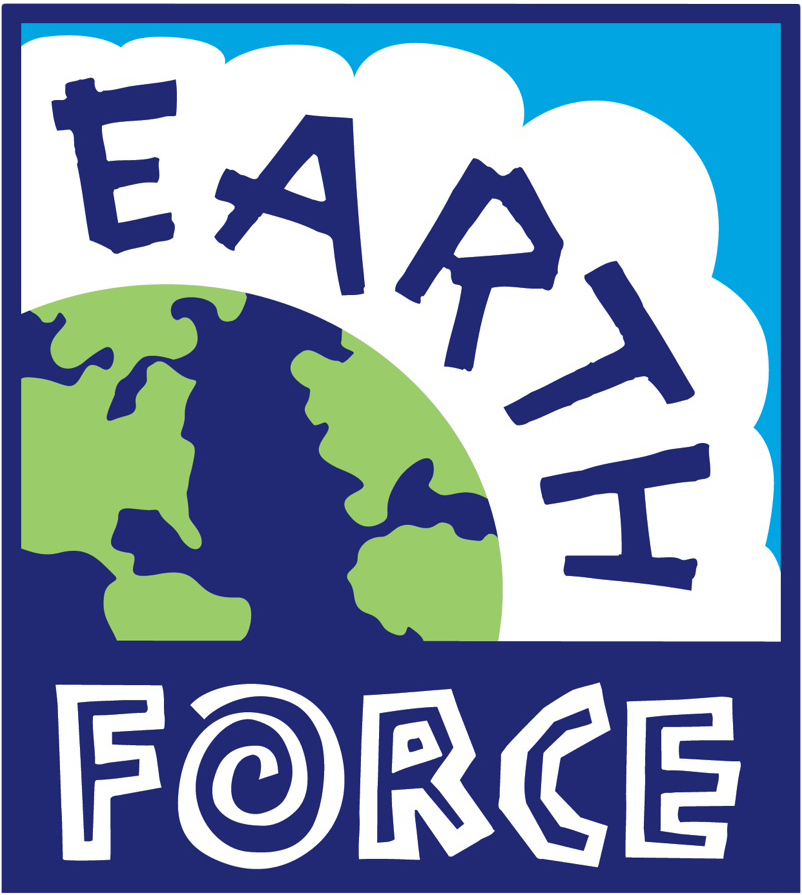The Transformative Power of Absorption in Creating Organizational Change
We’ve been exploring Earth Force’s focus on scaling rather than growing, emphasizing our mission to infuse Environmental Action Civics principles into organizations across the country. Today, I want to highlight the other side of this scaling process: absorption. While scaling is about expanding our reach, absorption is the process by which principles of Environmental Action Civics are integrated by the organizations we work with. These two concepts—scaling and absorption—are complementary forces driving our impact.
Absorption, in the context of Environmental Action Civics, refers to how organizations incorporate principles of Environmental Action Civics into their practices. This process goes beyond simply adopting new programs; it involves a fundamental shift in how organizations operate and think about their relationship with youth and the community. This process goes beyond simply adopting new programs; it involves a fundamental shift in how organizations operate and think about their relationship with youth and the community.
Initially, some may doubt the power of youth to create civic change. However, as organizations witness real results, they increasingly adopt these methods. Over time, this shift can reshape an organization’s approach, transforming how they view their relationship with young people.
The Impact of Absorption
Over the past three years, our work has shown clear results: about 60% of organizations we’ve trained have integrated Environmental Action Civics principles into their programs. This absorption of Environmental Action Civics takes various forms:
*Full Immersion: Some organizations use the 6-step Earth Force model, implementing it without changes.
*Adaptive Absorption: Others adapt the 6-step model to fit their needs. For example, some expand it to 8 steps, spread it over a year in social studies, or blend it with other models like NOAA’s Meaningful Watershed Educational Experience.
*Selective Uptake: Some organizations integrate specific Environmental Action Civics elements, like root cause analysis or democratic decision-making, into their existing programs.
This flexibility is key to the model’s success. As Lisa Kersch from Brightways Learning aptly put it, “It is a perfect complement to our overall mission to support and coach educators and students in resilience-building opportunities and real-world application.”
Partnerships: The Engine of Transformation
At Earth Force, we spread Environmental Action Civics through partnerships. We are currently working with 103 organizations across 29 states, including schools, community groups, and nonprofits. Our focus is on helping these partners enhance their existing programs by incorporating youth voice, youth-adult partnerships, and preparing youth to speak to power. This approach of absorbing Environmental Action Civics principles into existing programs creates more impact than trying to open new Earth Force offices around the country. It allows us to help others deepen programs that are already connected to their communities.
For example, Ciudad Soil and Water Conservation District in Albuquerque integrated Environmental Action Civics into their 5th grade watershed program after our 2023 training. This improved student engagement through action-oriented learning and expanded their reach to entire schools. Their staff reported, “The Earth Force strategy is helping us transform learning systems and increase project-based learning in schools – reaching 800+ students per year.”
Looking Ahead: The Ripple Effect of Absorption
We believe our absorption model is working well. We are seeing evidence that organizations integrating Environmental Action Civics are changing how they work with young people. As more groups adopt this approach, we expect to see positive changes at many levels. Communities will benefit from more youth-led environmental projects and increased civic engagement. Young people will develop stronger leadership skills and a deeper understanding of environmental and civic issues. At the same time, organizations will improve their ability to engage youth effectively to create meaningful environmental improvement.
To ensure we’re making the impact we envision, we’re implementing Ripple Effect Mapping as an evaluation tool. This innovative approach will allow us to comprehensively assess the influence of Environmental Action Civics on communities, youth, and organizations. By gaining a clearer picture of our impact, we can make a more compelling case for other organizations to join our movement.
The Power of Your Support
See the difference your support is making? Help us spread the word! Share our success story with your network and inspire others to join the Environmental Action Civics movement. Your voice has the power to reach more organizations and empower more youth to create positive change in their communities.
Together, we can create a future where young people are at the forefront of environmental and civic action, driving meaningful change in communities across the nation.
Written by - Vince Meldrum
Vince Meldrum, Earth Force's President/CEO, is a leading advocate for the incorporation of civic engagement into environmental education. Vince has a passion for youth engagement that borders on obsession and is committed to ensuring that every young person has the opportunity to engage in environmental policymaking. Vince spends his time exploring the world (especially vineyards) with his wife, daughter, and dog.

